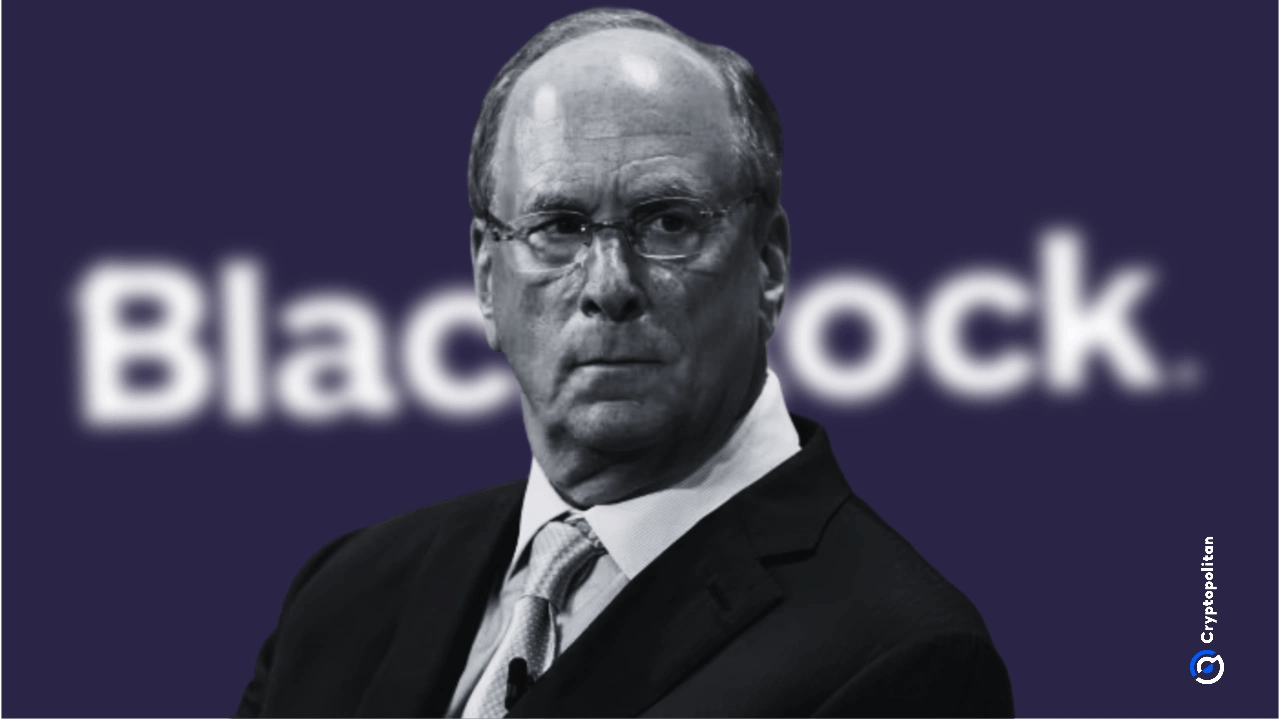Bitcoin Beyond Money: The Philosophy of Digital Sovereignty.
By MoBitSo
Money used to have weight. That’s right, it was metallic, cold, and heavy, stamped by kings and trusted merchants who placed more trust in the crown’s face than in the man beside him. Later, it also became paper, promises printed by governments and traded for goods, for labor, and in exchange for time.
Then it comes with screens.
It turns out that money becomes numbers. Invisible but one finds it everywhere. We would not touch our wealth simply sees it appear and vanish at glowing rectangles. It usually felt comforting, but something was lost deeply in translation-the sense of having ownership with what was actually ours.
Then the phrase “ownership” becomes just a polite illusion, banks keep your money; governments watch your transactions, and corporations define your digital identity. There is access but no authority. There’s permission but no power.
Then, very quietly, in 2009, a pseudonym signed a manifesto. The prophet was Satoshi Nakamoto, the prophet who released a few pages of code and a radical idea: a financial system that needs no kings, no banks, no middlemen. A world where truth would be verified not by institutions but by consensus. Bitcoin was then born not as a product but as a rebellion, a protest against the architecture of control.
But mostly, they did not notice it.
The charts, the speculative frenzy: they were hubbed about price on the greener pastures, treating Bitcoin as a stock or at least as a shortcut to get rich. But to those gawking scholars, Bitcoin revealed something altogether deeper-it was a philosophical machine disguised as money.
It is not that bitcoin is made for making you rich; it is made for making you sovereign.
To possess your wealth is to possess your will. To move it freely is to move your voice. To verify it yourself is to own your truth. Bitcoin didn’t just reinvent currency; it redefined what it means to be an individual in a digital world.
However, in traditional economies, trust flows up. We trust banks to keep our savings safe, central authorities to ensure the fragility remaining intact, and governments and their codes to protect our rights. History is not short of recurring lessons reminding us about painful lessons that power once concentrated doesn’t remember whom it serves.
And that flow is reversed by Bitcoin.
It converts trust into verification, authority into protocol, and hierarchy into visibility. The blockchain doesn’t press for faith-it gives proof, each block a testament, each transaction a declaration that the truth can exist without permission.
This is the silent revolution many still miss out on.
Bitcoin is not just a monument or technological breakthrough but also one philosophical breakthrough. It embodies that very simple but dangerous thought: define how your freedom will be determined, not by the institution but by the individual.
Holding your private keys is like holding a digital equivalent of Locke’s natural rights-liberty encoded, property encrypted, consent expressed as a cryptographic signature. Political philosophy becomes software in the form of Bitcoin.
Thus, it’s like calling something money as too small to be narrowed down that way.
It is not the next version of finance; it is the first version of digital selving. It registers a huge change in human organization; as much as the invention of written law or the printing press, tools that not only change what humans do but what they are.
As we enter deeper into an era of surveillance capitalism, progammable currencies, and money, Bitcoin makes more and more sense; it is a mirror that reflects the tension between convenience and freedom, between the comfort of control and the courage of autonomy.
What Bitcoin is doesn’t basically make it flawless. What is required is onus. What it punishes is forgetfulness. What it doesn’t provide is refunds and what isn’t acceptable is excuses. All that is precisely the philosophy: freedom with accountability, sovereignty with consequence.
We are accustomed to systems that save us from our errors, but these also lock and limit themselves from our independence. Bitcoin invites us to grow up: to become stewards of our own digital lives.
The future will become not who holds the networks but who holds the keys.
Bitcoin Beyond Money: The Philosophy of Digital Sovereignty. was originally published in Coinmonks on Medium, where people are continuing the conversation by highlighting and responding to this story.
คุณอาจชอบเช่นกัน

BlackRock boosts AI and US equity exposure in $185 billion models

UK Looks to US to Adopt More Crypto-Friendly Approach
